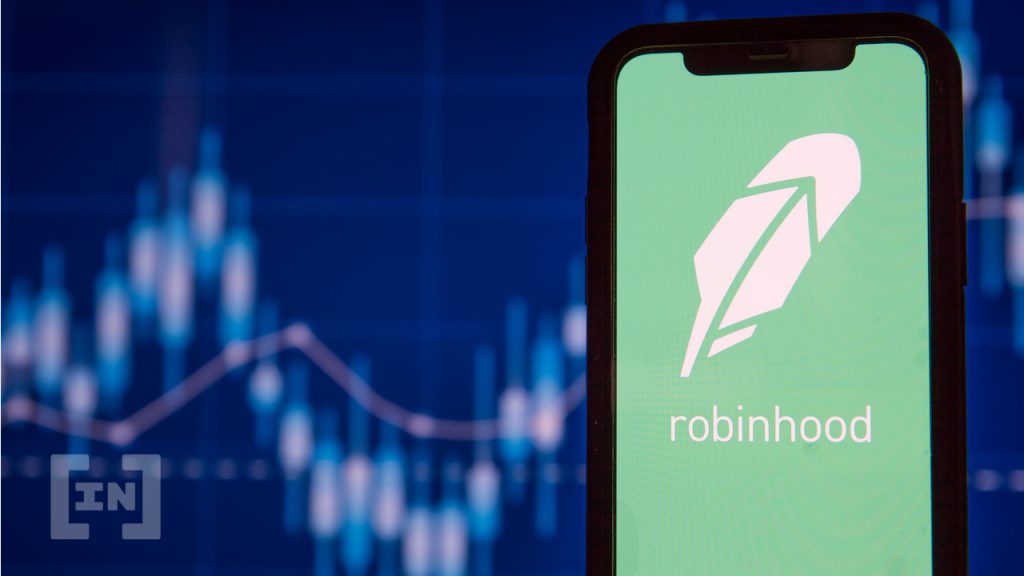Trading platform Robinhood has no immediate plans to spend any more cash on crypto assets, according to the company’s Chief Financial Officer.
“There aren’t compelling reasons strategically for our business to put any meaningful amount of our corporate cash into cryptocurrencies,” Robinhood CFO Jason Warnick told The Wall Street Journal’s virtual CFO Network Summit.
This adds Warnick to the roster of CFO’s who have been skeptical about taking cryptocurrencies onto their companies’ balance sheets, like Twitter CFO Ned Segal. While some are concerned over the persistent volatility of such assets, others simply cannot work them into their company’s investment policy. On the other hand, companies such as Tesla, Block Inc. and MicroStrategy, have made high-profile purchases of Bitcoin, plowing hundreds of millions, if not billions of dollars in to the cryptocurrency
Diffident despite demand
Another factor contributing to Robinhood’s hesitance to engage with crypto any further is its regulatory status. Warnick noted that the company looks to regulators on how it should approach crypto assets. “We’re a highly regulated company in a highly regulated industry, and we think it’s important that we get a bit more clarity from regulators,” Warnick said.
It is for this reason that Robinhood has neglected to add any new crypto to its current offerings, which include Bitcoin, Dogecoin and Litecoin. “It’s not lost on us that our customers and others would like to see us add more coins,” Warnick said. For instance, customers have been pushing for the platform to offer Shiba Inu since at least October last year.
Crypto trading fading from favor
Finally, crypto trading fading as a favored feature for users has also led to the company’s consideration to pump the brakes. While Robinhood earned $51 million in revenue from crypto trades during its latest quarter, this constituted a drop of over three-quarters from the previous quarter’s value of $233 million. The company’s stock price also suffered accordingly, tumbling from a peak of $70 in August 2021 to roughly $25 by December. However, the company overall had improved from $1.4 billion in revenue at the end of 2020 to about $6.16 billion in cash and cash equivalents by the end of September last year.
What do you think about this subject? Write to us and tell us!
Disclaimer
All the information contained on our website is published in good faith and for general information purposes only. Any action the reader takes upon the information found on our website is strictly at their own risk.


